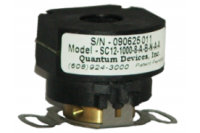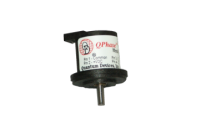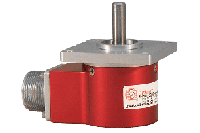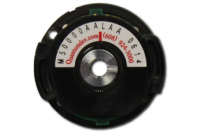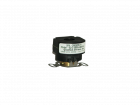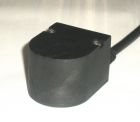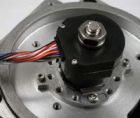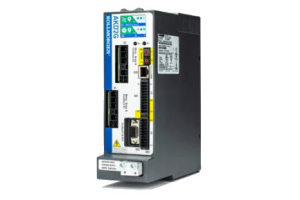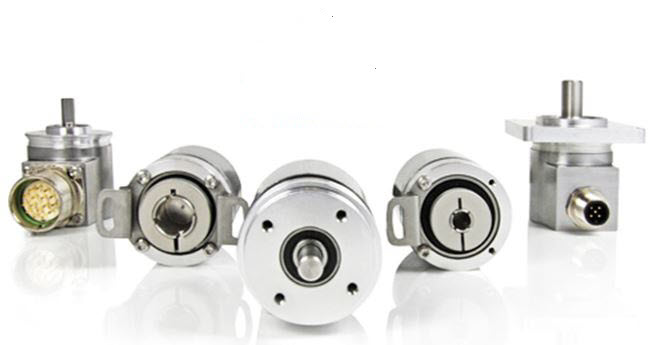


An incremental encoder is a device used for converting the angular motion or position of a shaft into a digital or analog code for the purpose of measuring a fluctuation in position or motion.
How does an Incremental Encoder Work?
An incremental encoder transforms the angular position of the shaft into digital or pulse signals via an optical disk.They deliver a finite number of pulses during a single rotation of the encoder. Each output can be either one line of pulses (channel A) or two lines of pluses (channel ''A'' and channel ''B'') offset to identify rotation.
Applications for Incremental Encoders
Incremental encoders are often utilized for measuring the speed of mechanical systems to monitor or garner vital feedback for motion control for a variety of practical applications such as:
- Speed control of radar antenna rotation and material conveyors,
- Motion control in robotics, CMM and CNC machines.
Incremental encoders are ideal for environments where there is a strong likelihood of contaminants, moisture, high temperature, and shock. They are also highly sought after for use in industrial factory settings where IP ratings, moderate shock, vibration, and temperature specs are important. Additionally, incremental coders are useful in controlled environments with high accuracy and temperature settings like robotics, electronics and semiconductors.
Electromate supplies incremental linear encoders throughout Canada in regions like Ontario, British Columbia, and Quebec.

